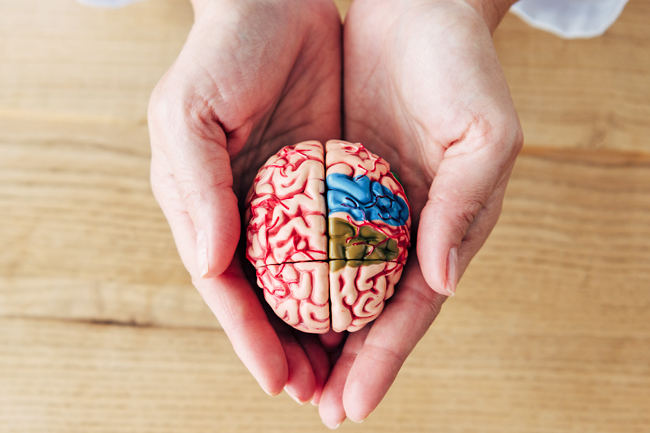BERNAMA/DPA – Having children may help slow brain ageing, according to a study of nearly 37,000 people by researchers at Rutgers University in the United States (US).
Published in the Proceedings of the National Academy of Sciences, the study found that parenthood appears to play a “protective role” in preserving brain function during mid- to late-life.
And when it comes to having children and keeping your brain young, the more the better is the message. “Parenting more children is associated with higher brain-wide functional connectivity, especially in networks associated with movement and sensation,” the team said, suggesting a “cumulative” effect based on family size.
“These same networks showed lower functional connectivity associated with higher age, suggesting that parenthood might protect against functional brain ageing,” they explained, after looking into information covering almost 20,000 women and over 17,000 men taken from the United Kingdom (UK) Biobank, a health and medical database.
“A higher number of children is associated with patterns of brain function in the opposite direction to age-related alterations,” the researchers added, suggesting that the findings “indicate that the changes accompanying parenthood may confer benefits to brain health across the lifespan, altering ageing trajectories”.
“The caregiving environment, rather than pregnancy alone, appears important since we see these effects in both mothers and fathers,” said Rutgers’ Avram Holmes.





